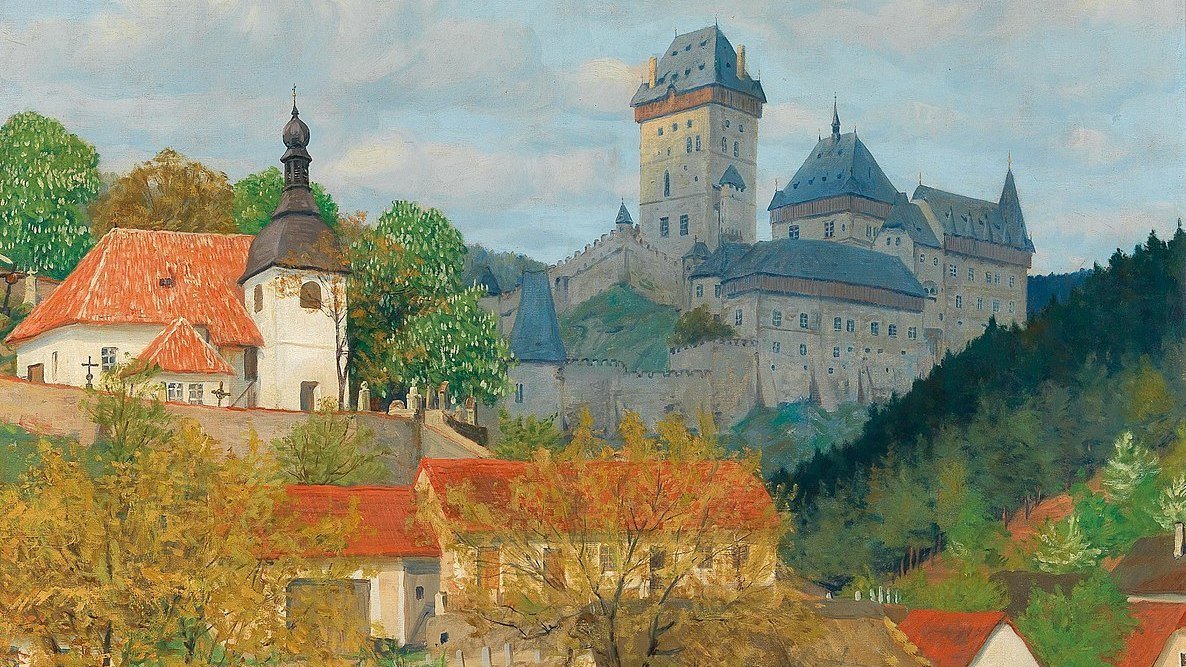Jean Françaix’s Trio for Oboe, Bassoon, and Piano: Music to “Give Pleasure”
Jean Françaix (1912-1997) began composing at the age of six. When he was ten, his first published work caught the attention of the legendary composition teacher, Nadia Boulanger. In a comment to the boy’s parents, Maurice Ravel said, “Among the child’s gifts I observe above all the most fruitful an artist can possess, that of curiosity: you must not stifle these precious gifts now or ever, or risk letting this young sensibility …







